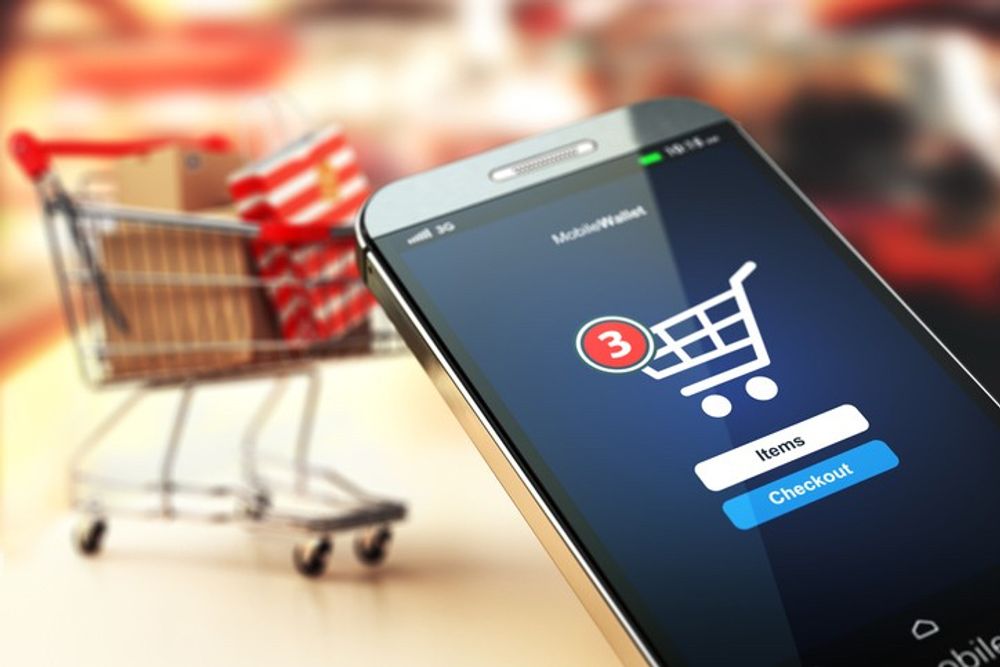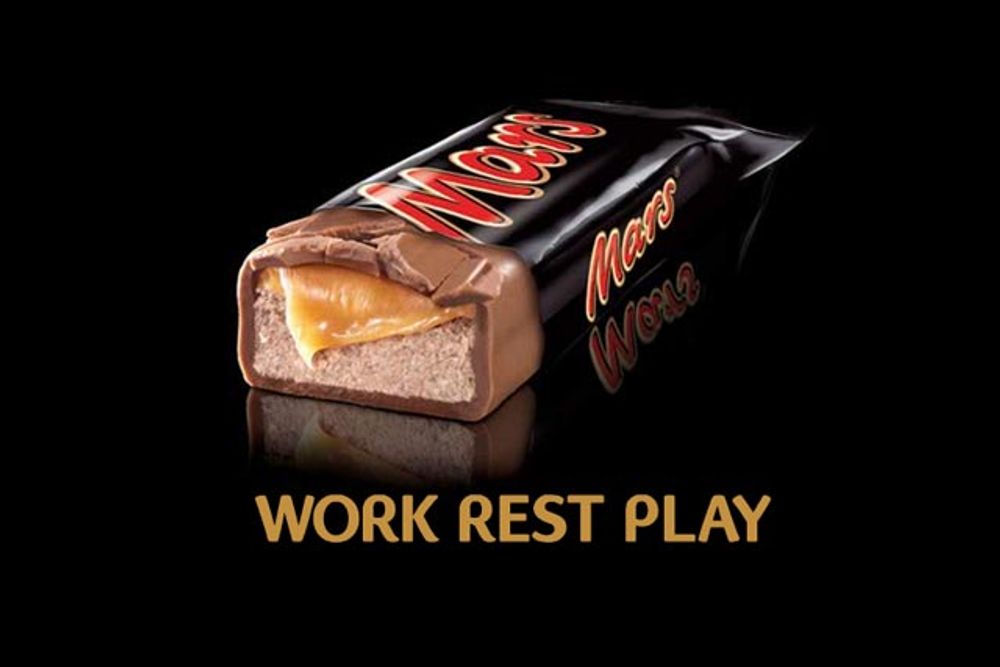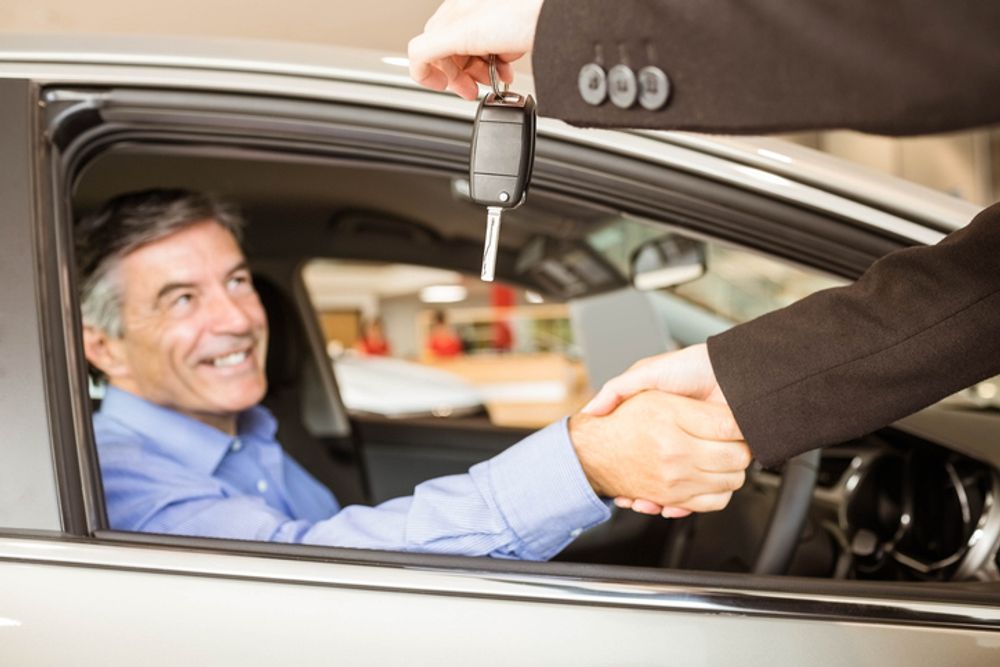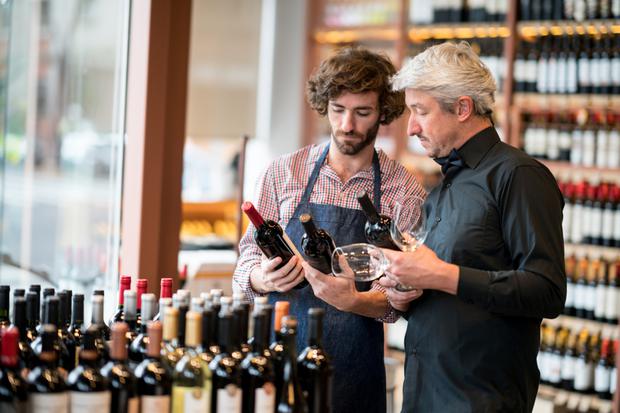Before working in wine I worked in marketing for 11 years. That’s about 2,612 days spent thinking about how, when and why people buy things. Or 18,937 hours breaking down the steps a customer takes between not knowing anything about you and handing over their cash for whatever it is you’re selling. Just over a million minutes thinking about customer decision making journeys.
Some truths ring true across any decision journeys, while other elements change depending on what’s being sold, and to who.
The general steps a customer takes, for example, are broadly consistent, something along the lines of:

What makes you put a particular product in your basket?
- Realising they have a problem.
- Searching for a solution.
- Evaluating alternatives.
- Making a decision.
- Evaluating it post-purchase.
As a seller, the goal is to influence them along their journey, and here, again, there are some constants.
Simplifying and streamlining things will usually mean you sell more. Us consumers are lazy and want to avoid thinking at all costs - so the easier a seller can make things for their consumer - the better.
This carries through to choice. A bit of choice is a good thing, but too much choice, as well as making a decision more difficult, worries us that we’re making a bad decision, even when we’re not (1). That fear of wrong decisions can lead to us spending less as a way of protecting ourselves financially.
Complexity isn’t a problem when it’s an important decision - but we don’t want to be thinking too hard about the everyday or we’d never get anything else done.
Making a decision
How do we know whether a decision is an important one in a buyer’s eyes?
Well, if you’re stranded in the middle of a dessert the most important purchase you could make would be forking out your life savings for a big bottle of water, and you wouldn’t need to think too long or hard about it.
So importance can be subjective - but looking at the amount of time people spend making different purchasing decisions can give us an idea of how much importance we place on it. At least subconsciously. You’d assume a rational person would spend more time thinking about the more important decisions, and less time thinking about the less important ones.
But as well as being lazy, consumers aren’t always rational, so how do we actually behave? What do we actually think is important?

The big chocolate brands have worked for decades on how to make sure it is their bar we pick up in the shop...
We don’t spend a lot of time thinking about buying chocolate bars. A Mars Bar sets you back about 80p. For most of us, it’s not a high risk decision.
You decide you’re hungry and want a chocolate bar, go to the shop, stand at the shelf thinking about it for 13 secs (2), and then buy one.
The average person eats 52 bars a year, meaning across a year, you spend roughly 11 mins thinking about what chocolate to buy.
That’s not a lot of time. We clearly don’t see chocolate as a hugely important decision. Not a lot to think about, and Big Chocolate makes it nice and easy for us to decide by creating nice, shiny, memorable brands and packaging so it’s easy for you to pick theirs out of the line up.
When it’s OK to complicate things…
Cars sit at the other end of the spectrum to chocolate.
The average person buys 13 of them in their life. At about £35k for a new one, it’s an expensive decision too. We don’t want to make mistakes here, so we spend a lot of time thinking.
Fourteen hours and 39 mins to be precise (3). We do this every time we buy a new car, so on average every 4.8 years.
There’s tonnes of information to sift through and absorb: How big is the boot?How many miles per gallon does it get? Does it have a sunroof? Getting it wrong means being annoyed at yourself for the next 4.8 years...

Consider the amount of time that goes into a buying a car...
Which is why we spend the equivalent of three hours three minutes every year deciding which the right car to buy is. That’s 183 mins, or in other words, 16 times more time than we spend thinking about chocolate.
So far so rational, we seem to class cars as a more important purchase decision. So we spend lots of time researching them so we don’t make a bad call.
Speak to someone in the process of buying one and you’ll be amazed at how much they know. During that period, they basically become experts in the segment they’re buying. It’s like chatting to someone who’s buying a house about interest rates. All of a sudden they’re a spokesperson for the Bank of England.
Which brings us onto houses. The biggest decision you’ll ever make. Apparently. But do our actions back it up?
Well, we certainly put a lot of time into deciding.
Time researching online to build a shortlist, time viewing of properties on that shortlist, time finding a mortgage, then time going through the paperwork and chasing solicitors. All that time adds up to somewhere in the region of 40 hours deciding on a house.

Surely buying a house is when you spend the most time deciding what to buy?
Far more than a car, and far more than chocolate. But when you consider that you’re likely to own that house for 19 years, actually, on an annual basis you’re only thinking about buying houses for 2.1 hours every year. Or 126 minutes.
That’s 11 times more time than you spend thinking about chocolate, but an hour less than you spend thinking about buying cars.
That doesn’t make sense - we spend twice as much on houses as we do on cars, and we spend far more of our time in them. But if you think that’s irrational, wait until you hear about a product category we deem so important that we spend more time thinking about it than chocolate, cars and houses put together.
Wine - the most complex category of all?
This category has somewhere in the region of 40k different SKUs on sale in the UK at any one time. There are hundreds of thousands of different manufacturers worldwide, making variations out of thousands of different components, and the instruction manual is regularly written in a foreign language. On top of all that, every shop that sells it sells a different selection from the one down the road...
So in terms of information levels - wine is about as complex as it gets.
While many enthusiasts are heavily invested in this complexity, and take the time to research it online, go to tastings and read books, enthusiasts make up a tiny percentage of buyers.
The overwhelming majority are buying wine in a similar way to a chocolate bar; deciding in the shop, at the shelf, in a rush, without having done any prior research.
However, unlike chocolate bars they don’t take 13 secs to decide. They spend about five and a half minutes picking out a bottle (4). And when the average drinker buys 51 bottles a year, all of those five and a half minutes add up... to roughly five hours and 30 mins.
That’s 330 minutes thinking about what wine to buy.
Over two hours more than they spend thinking about cars! Or nearly three times more than they think about houses. Then, when you consider the money spent on each item, the differences are even starker:
Chocolate: We spend on average 11 minutes a year, spend £56 - the equivalent of 11.8 seconds per pound spent on buying a chocolate bar.
Cars: We spend 183 minutes, £7,291 and the equivalent of 1.5 seconds per pound on buying a car a year.
House: We spend 126 minutes, £14,842 and the equivalent of 0.5 seconds per pound on buying a house every year.
Wine: We spend 330 minutes, spend £302, the equivalent of 65 seconds per pounds on buying wine a year.
Looking at time spent per pound spent, wine buyers invest 43 times more into deciding which wine than they do deciding what car. They spend 130 times more time thinking about what to drink than where to live.
When you think about it this way, that bottle of wine they’re grabbing on the way home from work is one of the most important purchases they’ll ever make.
If buyers are willing to put so much effort into making this decision, don’t retailers owe it to them to try and streamline the process as much as possible? Make it quicker, easier, better for lazy consumers? Especially if in return their easier decision is going to encourage customers to spend more.
1 https://en.wikipedia.org/wiki/The_Paradox_of_Choice
2 Nielsen https://www.nielsen.com/insights/2015/make-the-most-of-your-brands-20-second-windown/
(3) Cox Automotive https://money.com/how-much-time-buy-car-report/
(4) https://www.mirror.co.uk/news/uk-news/brits-spend-average-973-wine-22695392
* Tom Planer is founder of Corkable which helps match people's personal wine buying preferences to the bottles in the wine shops they visit. You can find out more here.
































